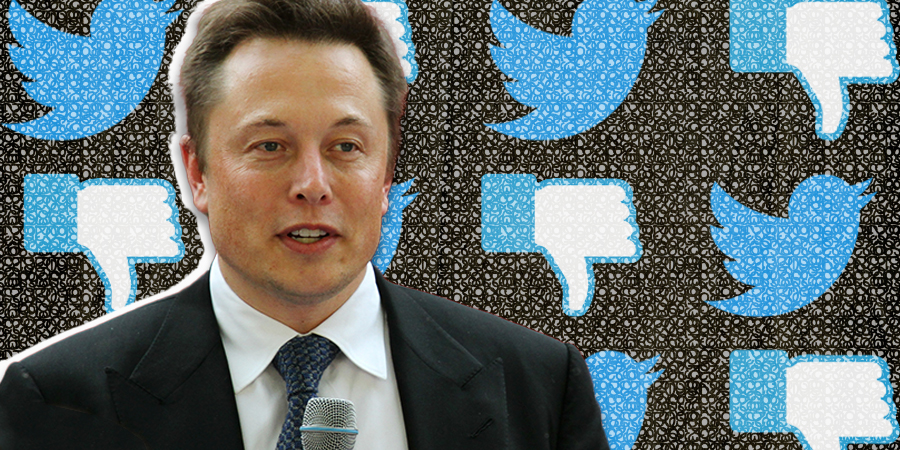In this insightful article, we dive into Elon Musk’s recent unsuccessful bid to alter the terms of his 2018 settlement with the US Securities and Exchange Commission (SEC).
This settlement requires preapproval of certain Tesla-related tweets by a lawyer, a condition Musk has been trying to shake off. However, the court has decided otherwise.
Key Takeaways:
- Elon Musk’s attempt to modify his 2018 SEC settlement has been rejected by a federal appeals court.
- The SEC has only investigated three of Musk’s tweets, one of which led to the original consent decree.
- Musk must continue having his Tesla-related tweets preapproved by a lawyer – a role referred to as the ‘Twitter sitter’.
- Despite owning Twitter, it’s unclear whether Musk is fully complying with the court order.
- The court maintained that Musk had the opportunity to negotiate a different agreement or to litigate against the SEC charges but chose not to.
- The identity of the ‘Twitter sitter’ remains a mystery, with no one stepping forward to claim the job.
- Musk was found not liable for losses incurred by investors based on his August 2018 tweets.
Court Rejects Musk’s Appeal
The world of business and technology received a notable update this week. The entrepreneurial titan, Elon Musk, has lost a significant court appeal.
The Federal Appeals Court in the United States decided against Musk’s appeal to modify or nullify his 2018 agreement with the U.S. Securities and Exchange Commission (SEC).
The Role of the Twitter Sitter
Musk’s 2018 agreement had unique terms. One of them was the creation of a new position known informally as the ‘Twitter sitter.’
This role came into existence due to Musk’s penchant for making public declarations related to Tesla on Twitter.
As per the settlement, the Twitter sitter, a lawyer, is required to preapprove Musk’s Tesla-related tweets.
Despite Musk’s acquisition of Twitter, the Twitter sitter’s role remains crucial. It’s a question mark whether Musk is fully adhering to the preapproval condition.
With the court’s recent decision, the Twitter sitter is here to stay, at least for the foreseeable future.
Implications of Musk’s Tweets
Musk’s tweets have often sent ripples through the business world. The most infamous instance was in 2018, when Musk tweeted about securing funding to privatize Tesla at $420 a share.
The reality was quite different; Musk had held some discussions with Saudi Arabia’s sovereign wealth fund, but no specific agreement was in place.
Musk’s tweets have not been without consequences. The SEC had investigated three tweets from Musk, including the infamous 2018 tweet, which resulted in a $40 million fine and Musk stepping down as Tesla’s chairman.
The other two tweets contained misleading information about Tesla’s production and a proposal to sell 10% of Musk’s Tesla stock.
The SEC’s Actions Against Musk
The SEC has been diligent in overseeing Musk’s Twitter activity, resulting in the current requirement of a Twitter sitter.
This oversight emerged from Musk’s 2018 settlement with the SEC, which required him to step down as Tesla’s chairman.
The SEC’s actions have been aimed at ensuring the integrity of public communications related to Tesla.
Musk’s Failed Attempt to Change Terms
Musk has not been complacent about the Twitter sitter condition.
He tried to argue that the SEC was exploiting the agreement to conduct unjust investigations of his protected speech.
However, the court deemed Musk’s arguments meritless, leaving the terms of the consent decree untouched.
The Unidentified Twitter Sitter
The identity of the Twitter sitter remains shrouded in mystery. No one has come forward to claim the unique job.
Even Bloomberg’s Dana Hull, who has been investigating the identity of the Twitter sitter for years, has not been able to find a name. Tesla, for its part, has refrained from revealing the Twitter sitter’s identity.
Court Unmoved by Musk’s Arguments
Musk’s appeal to the court was not persuasive enough to change the course of action.
The court held that Musk had the right to litigate against the SEC’s charges or negotiate a different agreement.
However, he chose not to do so. Consequently, Musk cannot use Rule 60 to reopen a final judgment simply because he now wishes to change his mind.
Conclusion
Elon Musk’s attempts to shed the regulatory oversight of his ‘Twitter sitter’ have been thwarted by the court’s recent ruling.
This decision upholds the terms of the 2018 SEC settlement, underscoring the significance of responsible public communication for business leaders, especially when their words can have substantial impact on market dynamics.
As Musk continues to tweet, the world watches with bated breath to see how this saga unfolds. The identity of the ‘Twitter sitter’, their role, and Musk’s compliance with this unique requirement will remain under scrutiny.
 Sections of this topic
Sections of this topic
















